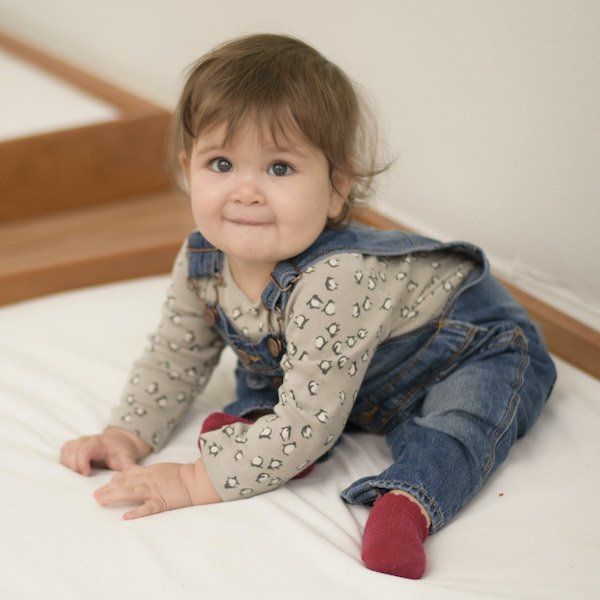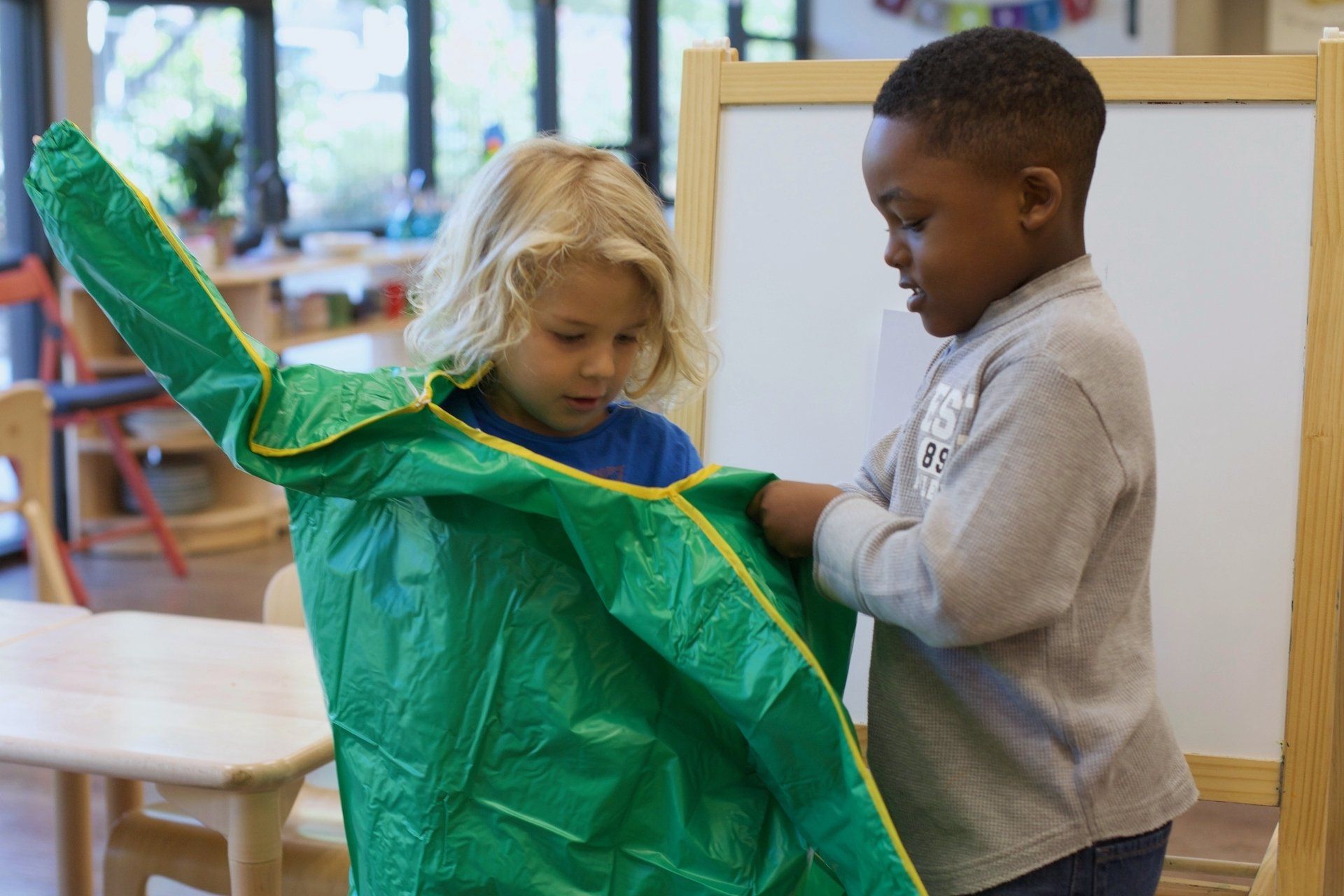Our mission is to plant seeds where a child can blossom, explore and more ensuring that every student is kindergarten ready.
Peace of Mind Parent Promise
Your peace of mind is our top priority. We want you to 100% love Seven Oaks Academy, but if we do make a mistake, we will make a $100 book donation to a local charity in honor of your family.
Why do so many families choose Montessori?
Individualized learning
Lessons are designed and given to each child when they are most ready to learn.
Whole child education
Social, emotional, and physical development is emphasized along with academic skills.
Empowered by choice
Freedom to move and choose activities fosters independence and self-confidence.
Supported by research
Current neurology and human development research consistently backs Montessori.
"Highly recommend! With this being our first, we were new to the Montessori experience. We’ve been blown away with the hands on care our child has received, and can truly tell how much he loves it. At only 6 months, he’s already enjoying things like washing his hands and helping to hold his bottle during feedings. He also enjoys watching and interacting with the older kids in his class. If anyone is looking for a great Montessori experience in the area, this is it :)
Updating now that our son is approaching 9 months -- We continue to be blown away with the care he has been receiving at Seven Oaks. Now that he has started eating solids, they have made this such a fun and supportive experience for him. We get a weekly schedule of what food he will be given, and the staff is very accommodating if we ever have specific dietary requests. He gets a breakfast, lunch, and snack (all prepared by the onsite chef and included in the price!) His daily activities and learning materials are frequently rotated and updated to match his current stage of development, and we can tell how much he enjoys them all! Definitely happy with our experience here!"
L. Fede, first time mom
"My little has flourished on a level beyond expectations. The staff is probably the best I’ve seen. Everyone is genuinely invested in the kids. Can’t wait to register my 4 year old …
Seven Oaks is amazing. My daughter has flourished within the program. If you are looking for a school that will treat you as if you are family this is definitely the place. I get pictures ever day showing what she is learning. We love Seven Oaks!"
L. Turner, mom of four
Visit us!
Now offering aftercare until 5:30pm daily.
We invite you to visit our school, meet the teachers, and observe the children in their classrooms. We encourage you to ask questions learn about the opportunities available at all levels of our programs.
The latest from our blog.







